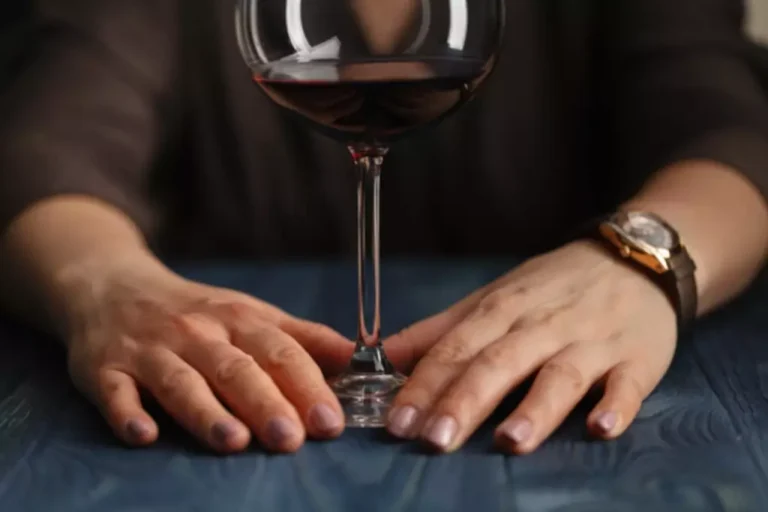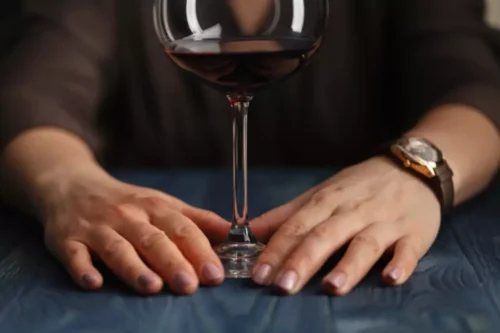
Vasopressin sends signals from your brain to your kidneys to dictate how much fluid is removed from your body as urine. When this hormone is suppressed, your kidneys remove extra fluids by increasing urination. Drinking water before, during, and after alcohol consumption can help prevent dehydration. Water can help replace lost fluids, maintain electrolyte balance, and aid kidney function. For example, exercising while drinking can lead to greater dehydration due to increased sweating. Similarly, taking certain medications, such as diuretics or antihistamines, can exacerbate alcohol’s dehydrating effects.
Kidney damage:
Vasopressin usually causes the kidneys to save water instead of passing it as urine. Alcohol therefore inhibits this critical water-saving mechanism inappropriately, which can lead to losing too much water and becoming dehydrated. Alcohol is a diuretic because it suppresses the release of vasopressin, also known as antidiuretic hormone.

Alcohol Alters Electrolytes

“Drinking one beer over the course of a dinner will not increase your blood alcohol levels as much as if you drank four beers in the same time frame,” says Rumsey. Therefore, it’s best to moderate your intake of energy drinks and alcoholic beverages and pair these drinks with plenty of water to stay hydrated. According to a small study in 11 men, consuming beer with a 5% alcohol content after exercise increased urine output significantly more than consuming a sports drink did (10). This can prematurely age you as you gain more lines and wrinkles on your face.

About Medical News Today
For every standard drink you consume (10 mL of alcohol), you are likely to urinate 100 mL more than you drink. So how do you properly rehydrate after drinking — or avoid alcohol dehydration in the first place? In particular, it’s best to enjoy does alcohol hydrate or dehydrate you caffeinated energy drinks and alcohol in moderation and consume them alongside water to stay properly hydrated.
- Here’s how the long-term consequences of excessive drinking can gradually take a toll on your health.
- Alcohol works as a diuretic largely because it suppresses the release of a hormone called vasopressin, which is also known as antidiuretic hormone.
- ADH stands for antidiuretic hormone (also known as vasopressin).
- According to science, about 90% of alcohol is eliminated by our liver, but 2-5% of alcohol leaves our body through urine, sweat, or breath.
What are the best electrolytes for hangovers?
It’s commonly added to energy drinks because it can enhance athletic performance (15). According to one study in the Journal of Alcohol and Alcoholism, one drink of alcohol can lead to a 2-4% increase in additional urine output. No matter the cause of our dehydration, it’s important for us to replenish our fluids as soon as possible. Being dehydrated can lead to some serious consequences, which we’ll investigate further. Let’s delve deeper into the science behind dehydration, how alcohol dehydrates us, and ways we can treat and avoid excessive dehydration from alcohol.
So don’t mix your alcohol with these or drink them between alcoholic beverages. “It’s important to replenish fluids after drinking, or better yet, while drinking,” Sternlicht says. Unless you’re a fan of dry mouth, nausea and hangover headaches, you’ll likely do anything to avoid alcohol dehydration symptoms..

Depending on how much and how often you drink, these effects can impact your health and quality of life. Some cocktails can take a toll on your hydration because of additional ingredients. “If you pair alcohol with another diuretic substance such as caffeine, you may naturally urinate more and become even more dehydrated,” Dr. Alexa Mieses Malchuk, M.D., a family physician, tells Bustle. So that espresso martini or Irish coffee might end up making you need the bathroom.
- Alcohol also causes hormonal imbalances that negatively affect kidney function.
- Social drinking is just part of the holiday package — and homemade cocktails, wine, and champagne all deserve a spot in your celebrations.
- This can occur after only a single episode of binge drinking and it may take a week or more to fully recover.
- Dehydration contributes to hangovers but is just a piece of the puzzle.
- Make sure you’re aware of the alcohol content in your drinks.
Without replenishing electrolytes, the body won’t be able to utilize the water you consume, leaving you dehydrated despite drinking plenty of fluids. Electrolyte imbalance can exacerbate dehydration and worsen the unpleasant aftereffects of drinking alcohol, including headaches, low energy, muscle aches, and poor sleep. The best drink to avoid dehydration is electrolyte-enriched water. Electrolytes play a crucial role in facilitating fluid absorption into the body, and electrolyte imbalance can cause dehydration despite drinking plenty of fluids. Some of the most dehydrating drinks include sodas, fruit juices, sugar-sweetened drinks, caffeinated beverages, alcohol, and sports drinks. You can usually manage mild cases of dehydration by drinking more fluids that don’t contain alcohol.
Alcohol begins to build up in your bloodstream
- The best way to ensure proper hydration is to drink plenty of water.
- When you’re thirsty — or after you’ve gone for a run — you probably don’t reach for a beer, and you certainly don’t mix an Old Fashioned.
- Relatedly, alcohol consumption can also cause vasodilation, which is the widening of blood vessels.
According to science, about 90% of alcohol is eliminated by our liver, but 2-5% of alcohol leaves our body through urine, sweat, or breath. And since alcohol increases our heart rate, it makes us sweat more, which accelerates how fast we become dehydrated. Consuming alcohol while dehydrated will just make dehydration worse. The diuretic effects will cause your body to lose water faster due to increased urination. The best way to ensure proper hydration is to drink plenty of water. Alcohol dehydrates you, and it’s crucial to drink plenty of water and replenish electrolytes after consuming alcoholic beverages to restore optimal fluid balance.
